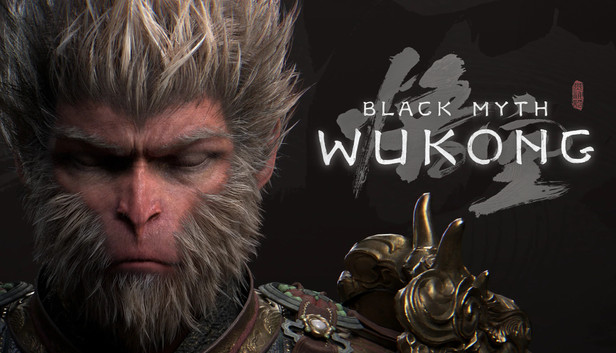How ‘Black Myth: Wukong’ Sparks a Cultural Awakening for the Global South
The Chinese AAA game Black Myth: Wukong has become a global phenomenon, topping platforms like Steam and sparking curiosity about Chinese mythology worldwide. Many see it as more than just a successful game—it’s a vehicle for cultural diplomacy that has cleverly promoted Chinese heritage. International media notes that China’s achievement in the gaming industry showcases a new way for the Global South to present its culture on the world stage, challenging Western dominance in high-end entertainment.
For many Global South nations, this success feels revolutionary. We are inspired by China’s accomplishment but often question whether we could achieve something similar. Why does this confidence elude us? And what can be learned from China’s approach?
A Gap in Confidence, Not Culture
Some may argue that technology or marketing limitations hold us back, yet partnerships with established companies could easily bridge those gaps. Many developing nations have top-tier marketing firms ready to help launch such projects. Every country in the Global South has a wealth of unique cultural heritage, just as vibrant as China’s Journey to the West. Yet, what we lack is the conviction to celebrate and share our stories.
The enduring effects of colonialism have also played a role. Western powers once systematically suppressed local cultures and instilled a belief in Western cultural superiority. Through media and cultural products, former colonial powers continue to shape perceptions in the Global South, fostering a bias that places Western values and aesthetics above all else. As a result, young people in the Global South often view Western ideals with admiration, reinforcing a cycle of cultural dependence.
China’s Path to Cultural Confidence
China, also affected by colonial aggression, has pursued cultural revival. Through policies that encourage the preservation and modernization of traditional culture, China has reinvigorated its heritage, producing widely acclaimed works like The Three-Body Problem, The Wandering Earth, Genshin Impact, and Black Myth: Wukong. China’s cultural success demonstrates that confidence in one’s heritage can lead to powerful cultural influence.
This lesson is invaluable for the Global South. By investing in our own cultural traditions and using modern technology, we too can create unique cultural exports. This requires not only economic and political autonomy but also a deeper commitment to spiritual and cultural empowerment. A renewed focus on cultural pride can open doors for the Global South to showcase its creativity, contributing new perspectives to global conversations and creating a richer future for humanity.
